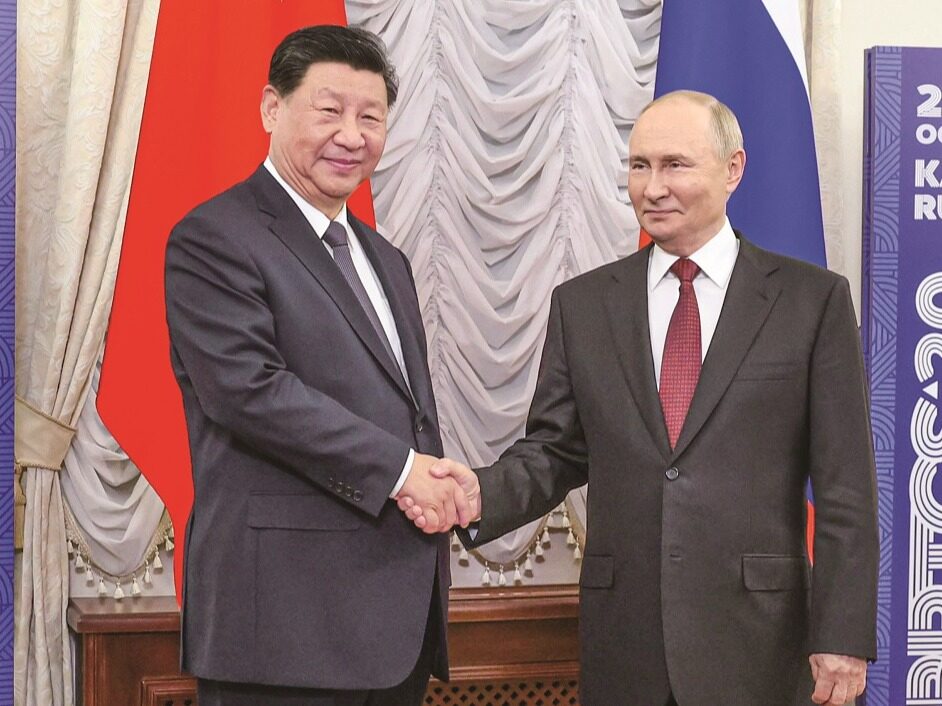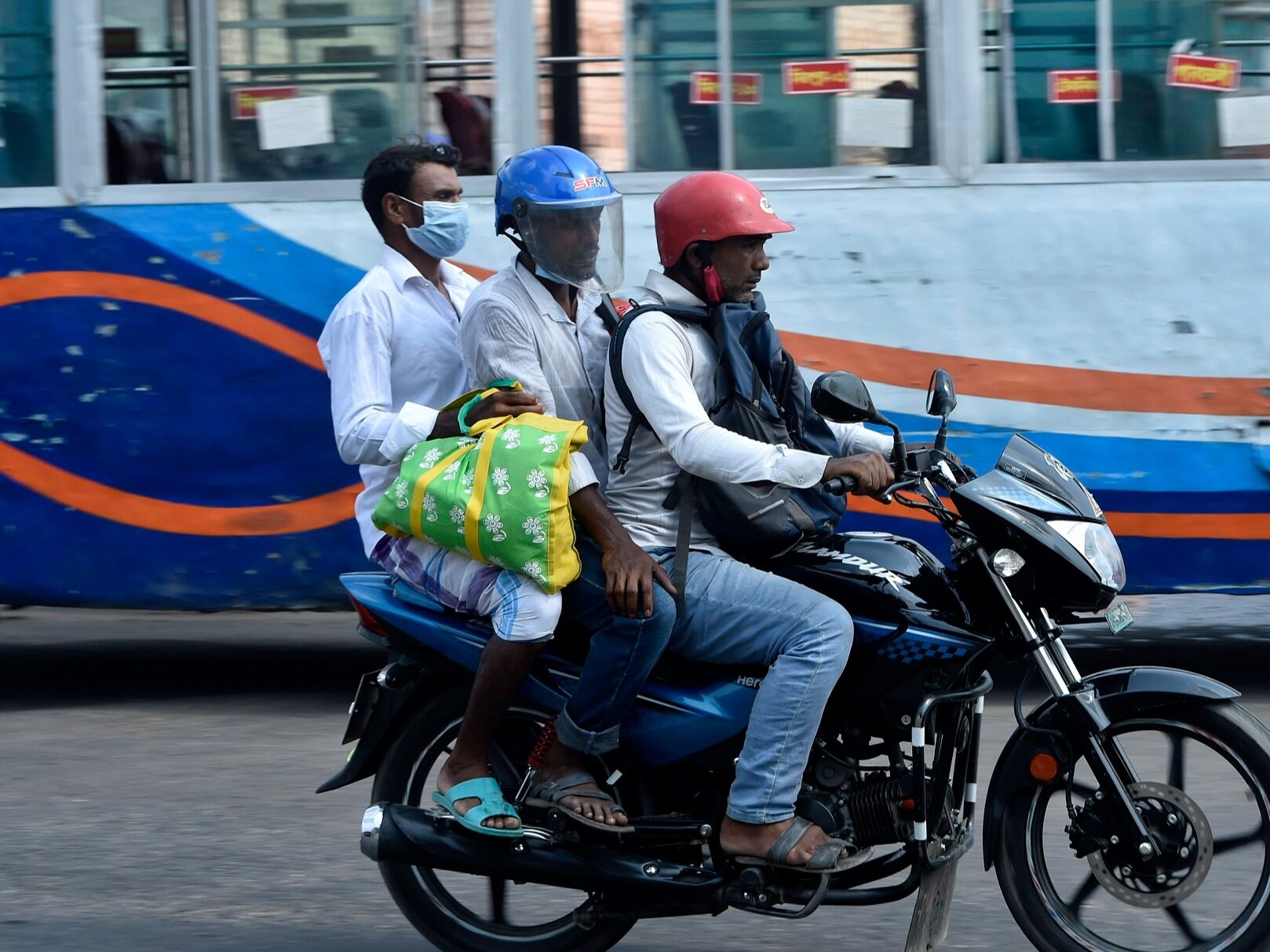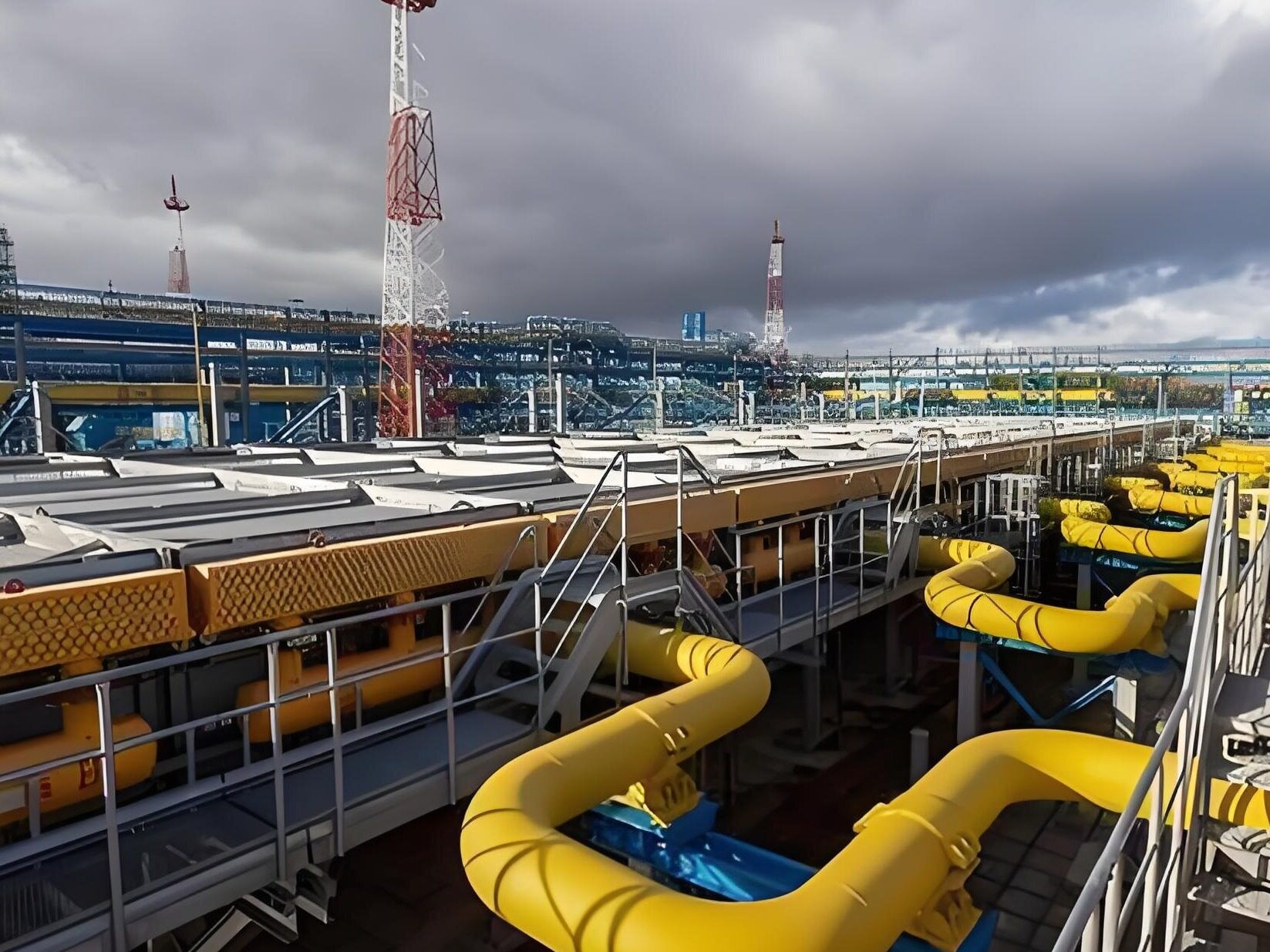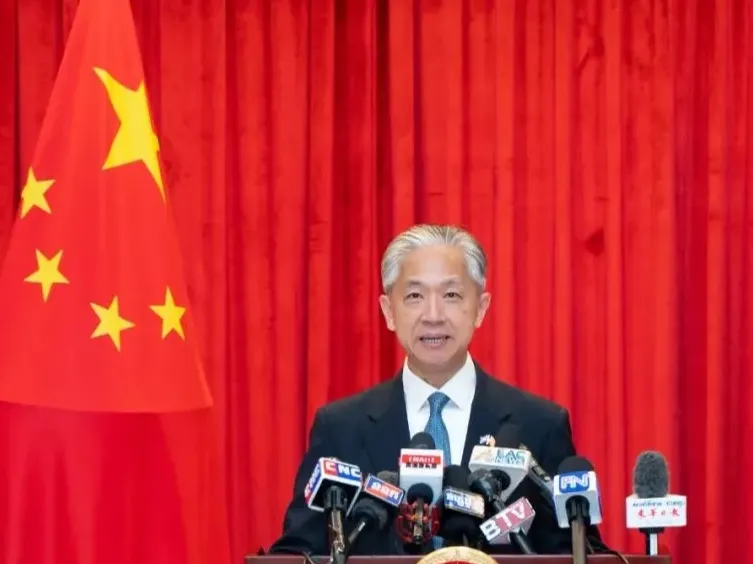
- Western governments see China's growing economic power in Africa as strengthening its strategic and diplomatic influence
When it comes to building mega projects in Africa, China is unrivaled. Beijing-backed companies have redrawn the continent's transport map. Thanks to Chinese engineers and bankers, you can hop on a train in Lagos to avoid traffic to Ibadan, drive through parts of eastern Congo in hours instead of days, or fly to and from Zanzibar to any of the dozens of recently built airports in Zambia. Add in skyscrapers, bridges, dams, and more than 30 ports, and it's a pretty hefty amount of firepower.
This has not always been the case. In 1990, American and European companies won more than 85% of construction contracts on the African continent, and Chinese companies were little known. And now, Western companies are struggling to get business in a fast-growing market.
Africa's population is growing faster than any other continent, and Africans are migrating to cities faster than anywhere else. Both trends will drive demand. A large portion will be built by Chinese companies, Deloitte said. In 2020, Chinese companies built 31 percent of all infrastructure projects in Africa, up from 12 percent in 2013. The share directly responsible for Western companies is only about 12% (37% in 2013).
This dramatic turn of fortunes for Western companies worries shareholders and governments. They argue that China's growing economic power in Africa is strengthening its strategic and diplomatic influence.
Western governments are trying to steer their own companies to increase investment and construction in Africa. This is easier said than done. Chinese companies have a reputation for building fast. Funding from the China Development Bank came quickly, and some projects in Africa looked like copies of those built in China, which likely saved time in planning. For example, along China's new Ethiopia-Djibouti railway line, the stations look as if they were moved from the plains of Asia. Western companies are rarely so flexible. "We're far behind," said an executive at a European engineering firm.
Not all Western executives, however, are drinking at their local Sheraton hotel. Thierry Perrault of the Ecole des Social Sciences in Paris mentioned that more and more French companies are collaborating with Chinese entities. The initial relationship was informal, with French and Chinese companies working separately on the same project, with the former often responsible for the more complex parts.
More recently, French-Chinese cooperation has become more formal. French logistics giant CMA CGM has established partnerships with companies such as China Harbour Engineering Co., Ltd. In some cases, French companies need Chinese partners because they can bring in state-backed financing that Paris cannot. But in other cases, the two sides began to collaborate formally after years of informal cooperation. Deloitte found that in 2020, no less than 15% of all large infrastructure projects were built by joint ventures, including those made up of Western and Chinese companies.
Perhaps just as importantly, China is unwittingly attracting Western money by causing geopolitical anxiety among Western leaders. The British government recently said its development arm would invest $1 billion in Kenyan infrastructure, and a British company would build a new rail hub in central Nairobi.Editor/XuNing
Comment
 Praise
Praise
 Collect
Collect
 Comment
Comment
 Search
Search














Write something~